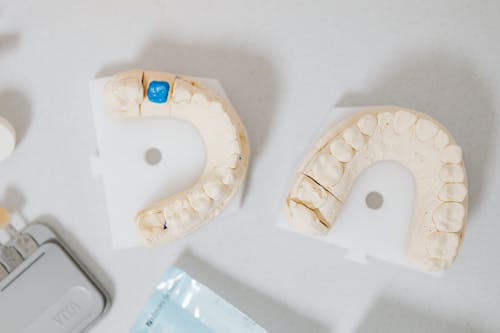Top 5 Dental Implants Complications and How to Handle Them
Dental implants offer a great solution for restoring missing teeth, yet they come with potential complications. This article outlines the top five dental implants complications, shedding light on their causes and providing strategies for effective management. Knowing what to expect can empower patients and lead to better dental outcomes.
Exploring the Top Dental Implants Complications
Dental implants are heralded for their effectiveness in tooth replacement; however, various complications can arise during or after the procedure. Understanding dental implants complications is critical for both patients and dental professionals. The most common issues include infection, bone loss, nerve injury, temporary or permanent implant failure, and issues with gum tissue. Each of these complications not only affects the aesthetic outcome of the restoration but can also lead to significant repercussions on oral health. By identifying these complications early, patients can better advocate for their health and ensure effective intervention.
Infection: A Frequent Concern
Infection is one of the most prevalent dental implants complications that can occur post-surgery. This issue can arise due to a variety of factors, including improper surgical techniques or inadequate post-operative care. Signs of infection may include swelling, persistent pain, and discharge from the implant site. Immediate attention is necessary to address any indications of infection to prevent irreversible damage to the surrounding bone and soft tissue. Therefore, maintaining proper oral hygiene and attending follow-up appointments are crucial in minimizing infection risks.
Bone Loss and Its Impact
Bone loss is another significant concern associated with dental implants complications. If the jawbone does not provide sufficient support, the implant may fail. Factors contributing to bone loss often include pre-existing conditions, such as osteoporosis or periodontal disease. Regular dental evaluations are essential to monitor bone health, ensuring there’s adequate density for successful implant placement. Patients considering dental implants should be proactive in discussing their bone health with their dentist, exploring options such as bone grafts to enhance implant stability.
Nerve Injury: A Potential Risk
Nerve injury can occur during implant placement if the surgical procedure is not meticulously planned. Although rare, this complication can lead to numbness, tingling, or chronic pain in the jaw, chin, or lips. Patients should feel empowered to ask their dentists about the surgical approach and imaging tools used to avoid nerve damage. If nerve injury is suspected post-surgery, it is crucial to seek immediate dental intervention to assess and address the issue effectively.
Gum Tissue Issues
Complications may also arise from interactions between dental implants and gum tissue. Problems such as peri-implantitis can lead to tissue inflammation and subsequent implant loss. Patients can mitigate this risk by adhering to routine dental cleanings and practicing excellent oral hygiene. Being aware of the health of surrounding gums ensures that any changes can be addressed promptly, preserving the implant's integrity.
Conclusion: Managing and Mitigating Complications
In summary, understanding the common dental implants complications allows patients to engage proactively with their dental professionals. By recognizing the risks associated with dental implants, individuals can take steps to minimize complications through preventive care and timely intervention. Awareness of issues like infection, bone loss, and nerve injury empowers patients, leading to more successful outcomes in their dental treatment journey. Ultimately, knowledge is a powerful ally in achieving a healthy and lasting smile.
